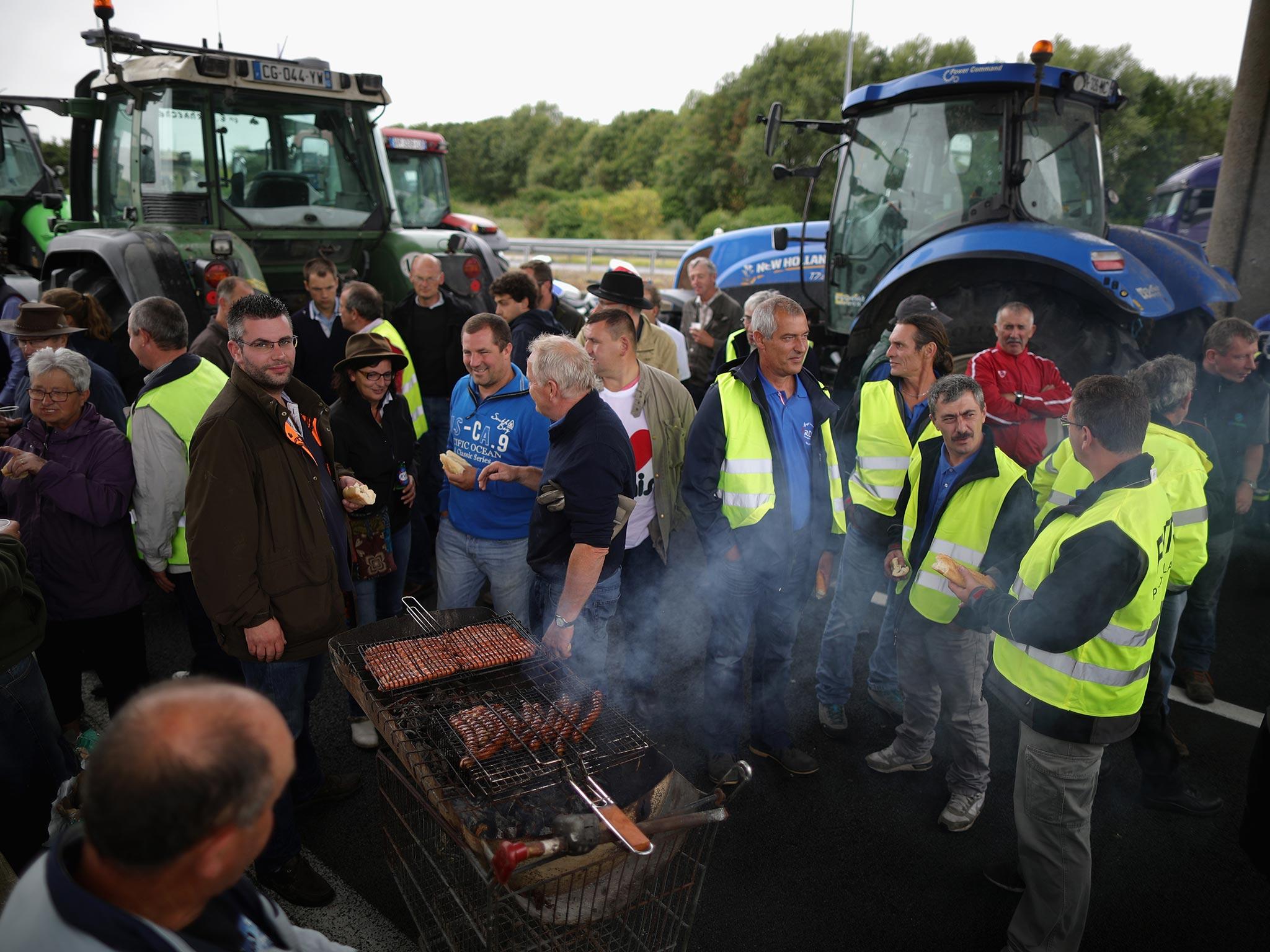Time to get rid of the Calais Jungle – and investigate why it was allowed to happen in the first place
Most urgent is the fate of the estimated 400 unaccompanied children in the Jungle who are eligible to move to the UK now. There is a mystery, and a disgrace, about why they are left to languish in such conditions

Here in Britain, in the House of Commons and in the media we are enjoying a polite debate about the merits of a points-based immigration system, post-Brexit. There is much speculation about the Prime Minister’s intentions, and reflections on her performance in controlling migration in her six years or so as Home Secretary. The only good thing about it is that, at last, some reality is entering the national debate, with a growing realisation that everything from the hotel and building trades to potato picking to mini-cabbing to the NHS depends vitally on the supply of foreign labour, from the most skilled surgeons to the most unskilled workers.
It is an important issue, one of the most crucial facing the country, but the discussion does, understandably, lack much in the way of urgency. Contrast that with the gathering crisis across the Channel in Calais, where the farmers and the hauliers, in typical French fashion, are taking matters into their own hands by blockading the roads around the port. They want an end to the so-called Jungle refugee camp. Well, who doesn’t? But the methods they are using and the tensions they are generating threaten a conflagration much worse than anything seen before, as, for example when Sangatte was cleared. This is a dangerous moment.
It does not take much imagination to see how the current events could spiral out of control in Calais. The strange thing about it is that, Brexit notwithstanding, the British and French authorities have agreed on the best way forward to end the chaos the camp is inflicting on business and holiday-makers, and, more importantly, the inhumane, insanitary and exploitative conditions that prevail in the camp, a squalid disgrace. Everyone from Nigel Farage to Vanessa Redgrave agrees about that. This is not the moment to clog the roads up with tractors.
The question that goes begging all too often is what happens to the people who are thus uprooted? Some could, theoretically, go back from whence they came – that is if they are economic migrants – though the practicalities of them making a return journey back to, say, Libya are also often left unconsidered. For them the best option would be for the European authorities to transport them back to unequivocally safe locations. And as for those from Syria, for example, who have been fleeing for their lives, and are plainly refugees, then the EU and the UN must assist in resettling them on a rational, fair basis. Of course they could all be allowed into the UK, but this does have the potential effect of incentivising a further movement of people to some new camp, either at Calais or elsewhere. It is also, realistically, not a practical political proposition given the current Government’s policies and the state of public opinion. That is not to say that offering asylum is anything but the morally right thing to do, and an imperative; it is, though, important to recognise the realities of the situation. One thing that would not be of much assistance is some bureaucratic points system.
Most urgent is the fate of the estimated 400 unaccompanied children in the Jungle who are eligible to move to the UK now. There is a mystery, and a disgrace, about why they are left to languish in such conditions, inevitable victims of child abuse by people smugglers. As many have said, if this camp were in Kent it would not be tolerated; there is no reason why it should be tolerated a few miles across the English Channel. We should end the Jungle, yes, but we should also end the reasons why it happened in the first place.

Join our commenting forum
Join thought-provoking conversations, follow other Independent readers and see their replies